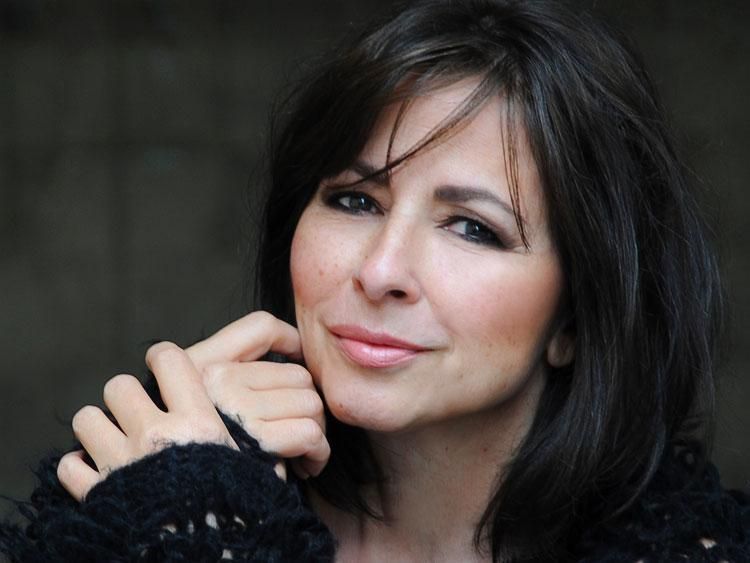Ending Hollywood's Boys' Club

Marina Rice Bader, director of the Outfest lesbian feature Ava’s Impossible Things, on the importance of female voices in film.
www.advocate.com/commentary/2016/7/13/ending-hollywoods-boys-club
Ending Hollywood's Boys' Club

Marina Rice Bader, director of the Outfest lesbian feature Ava’s Impossible Things, on the importance of female voices in film.
www.advocate.com/commentary/2016/7/13/ending-hollywoods-boys-club
Marcha LGTB 479
diciembr0 posted a photo:
De esta manera se realizó la marcha del Orgullo Gay en la ciudad de Piura. La marcha estuvo liderada por la Representante de la Red Tras Piura Tonika Anton.
Jueves 7 de julio de 2016
Fotos: Wilson Siancas
Limit(less) Project: Netsie
mowunna posted a photo:
Netsie: Queer Ethiopian-Namibian (USA)
Q. How would you describe your style?
“bell hooks has had a profound effect on my life in a number of ways. When discussing how the black woman watches film, she posits that in order to see ourselves on screen and in stories made for the white, male gaze, we must develop an inverted gaze. That changed the path of my life—I realized that I needed to become a filmmaker, and it also changed the way I saw myself, as a femme woman. From a young age, women are taught that they have no choice in who looks at them and so often, we are held responsible for what other people perceive. We are taught to be presentable, not just for business meetings, but potential friends, mates, and assaulters. At the same time, we are taught never to look threatening, or look back at the people looking at us. We are denied the verb, and forced into the noun. Fuck that. I’m a hard femme with an hourglass silhouette, a goodwill budget, and a firm grasp of anti-capitalist rhetoric. I wear whatever makes me feel comfortable and powerful and safe. I’m too clumsy to own a pair of un-ripped tights. I love wearing bold patterns that clash, things that could be pretty but aren’t, anything to remind people that when they look at me, I am looking right back at them.”
– Netsie (Queer Ethiopian-Namibian, She/Her)
Donate to support the project: HERE
About Limit(less)
Limit(less) is a photography project by Mikael Owunna (@owning-my-truth) documenting the fashion and style of LGBTQ African Immigrants (1st and 2nd generation) in diaspora. As LGBTQ Africans, we are constantly told that being LGBTQ is somehow “un-African,” and this rhetoric is a regular part of homophobic and transphobic discourse in African communities. This line of thinking, however, is patently false and exists an artifact of colonization of the African continent. Identities which would now be categorized as “LGBTQ” have always existed, and being LGBTQ does not make us “less” African.
Limit(less) explores how LGBTQ African immigrants navigate their identities and find ways to overcome the supposed “tension” between their LGBTQ and African identities through their fashion and style. The project seeks to visually deconstruct the colonial binary that has been set up between LGBTQ and African identities, which erases the lives and experiences of LGBTQ Africans. #LimitlessAfricans
Donate to support the project: HERE
Website:
limitlessafricans.com/
Facebook Page:
facebook.com/limitlessafricans
Tumblr:
limitlessafricans.tumblr.com
You must be 18 years old or older to chat